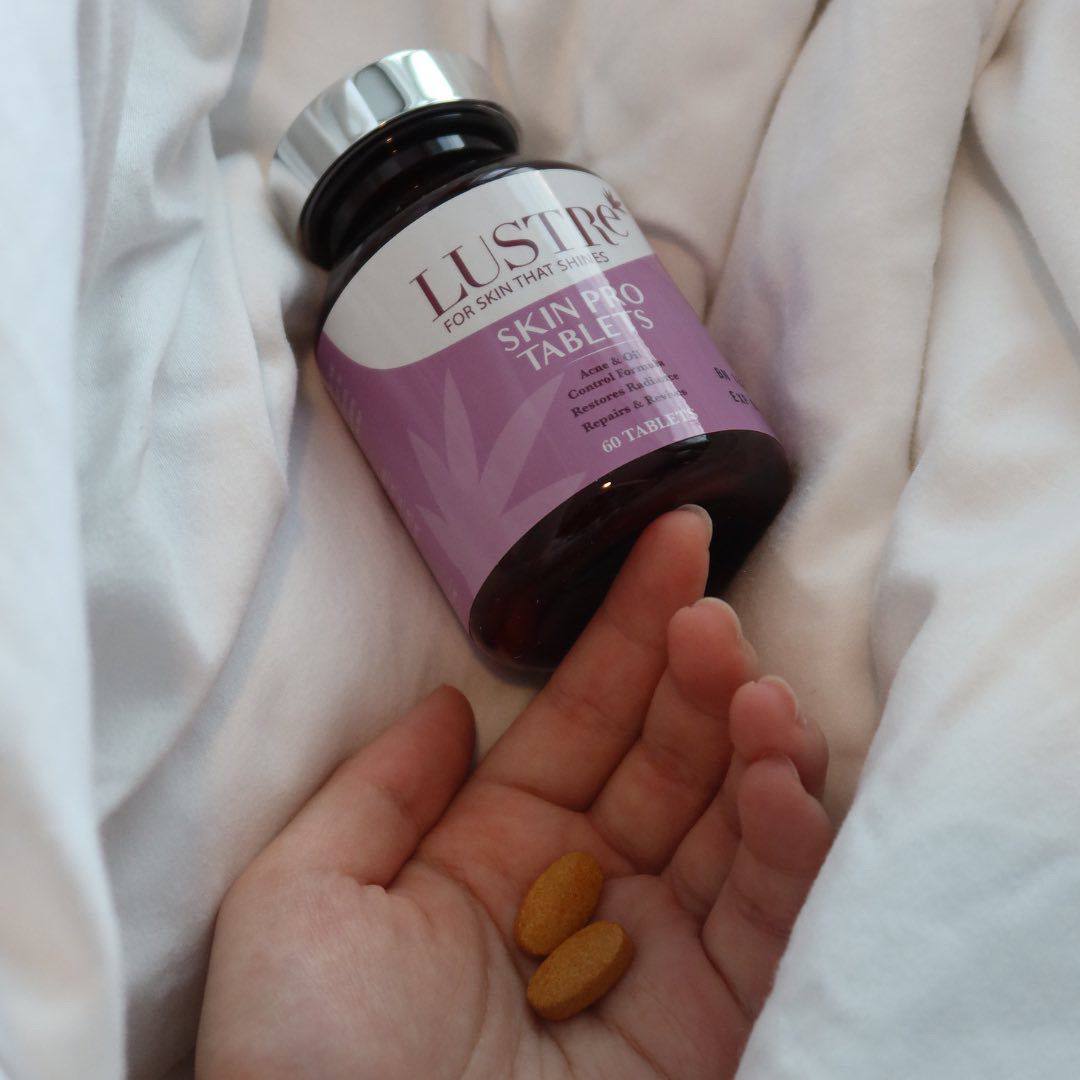Trust Your Gut? Science Says It’s Actually Controlling Your Mood

You’ve probably heard the phrase “gut feeling”—but what if it’s more than just a saying?
In recent years, science has revealed something remarkable: your gut and brain are in constant communication. This two-way system, known as the gut-brain axis, plays a powerful role in how you feel—mentally and emotionally.
From stress and anxiety to motivation and mood swings, many of your emotional ups and downs may actually start in your digestive tract.
In this blog, we’ll unpack what the gut-brain connection really means, why your gut microbiome impacts mental health, and how daily routines (and smart choices like Bodigard PrebioShotz) can help you feel better from the inside out.
🌿 What Is the Gut-Brain Connection?
Your gut and brain are connected through a network of nerves, hormones, and biochemical signals. This connection is so influential that scientists often refer to the gut as the “second brain.”
Why? Because:
-
Around 90% of serotonin, the “feel-good” neurotransmitter, is produced in the gut.
-
The gut is lined with over 100 million nerve cells that constantly send messages to your brain.
-
Your microbiome (the trillions of bacteria in your gut) helps regulate immune response, inflammation, and yes—your mood.
So when your gut is happy, there’s a higher chance your mind will feel calm and balanced too.
😣 When the Gut Is Off—Your Mood Might Be Too
An unhealthy gut can trigger:
-
Anxiety or unexplained worry
-
Fatigue and mental fog
-
Mood swings or irritability
-
Poor sleep or low motivation
-
Cravings (especially sugar or carbs)
And this isn’t in your head. It’s in your gut bacteria.
🧪 Study #1: Gut Health Affects Emotional Wellbeing
A 2017 study published in Psychiatry Research explored the relationship between gut bacteria diversity and mood. Participants who ate more fermented foods and fiber-rich diets—both of which support gut health—had lower levels of anxiety and depressive symptoms.
Researchers found that a balanced gut microbiome can positively influence the production of neurotransmitters like serotonin, dopamine, and GABA—all essential for emotional regulation.
🧬 The Science of “Psychobiotics”
You’ve heard of probiotics for digestion—but did you know they can also help with mood?
“Psychobiotics” is the term used for specific probiotics and prebiotics that support mental health by nourishing the gut-brain axis. They work by:
-
Feeding good bacteria in the gut
-
Reducing inflammation in the body and brain
-
Modulating stress hormones like cortisol
This is where daily habits—and what you consume—really start to matter.
💛 Start with Your Gut: Bodigard PrebioShotz
Bodigard PrebioShotz is a refreshing, easy-to-drink sachet that supports both digestive and emotional balance through carefully selected prebiotics and plant-based ingredients.
Why It Works:
-
Promotes better digestion and less bloating
-
Encourages healthy bacterial growth in the gut
-
Helps regulate mood through gut-brain signaling
-
Great for those experiencing stress-related stomach issues like bloating or irregularity
Unlike harsh detox drinks or artificial boosters, PrebioShotz is gentle and suitable for daily gut wellness—and you’ll actually look forward to taking it.
👉 Try Bodigard PrebioShotz today and feel the difference from within
📚 Study #2: Prebiotics May Lower Stress
A 2015 study in Frontiers in Behavioral Neuroscience investigated the effects of prebiotic supplementation on stress. The group who took a prebiotic blend daily showed reduced cortisol (the stress hormone) and increased attention to positive stimuli compared to the placebo group.
In simple terms: the healthier your gut bacteria, the better your brain handles stress.
🧘♀️ Daily Habits That Support the Gut-Brain Axis
You don’t need a dramatic overhaul to improve your gut health. Just a few tweaks in your daily routine can help restore harmony to your mind and microbiome:
1. Eat more fiber-rich foods
Whole grains, fruits, and leafy greens feed your good gut bacteria.
2. Minimize sugar and ultra-processed foods
They feed the wrong type of bacteria—and increase inflammation.
3. Stay hydrated
Your digestive tract relies on fluids to keep things moving smoothly.
4. Take a gut-supporting supplement
Something like Bodigard PrebioShotz that delivers prebiotics to the right place at the right time.
5. Move your body
Exercise stimulates gut motility and improves overall mood.
6. Prioritize rest
Poor sleep can disrupt your gut bacteria in just one night.
🧠 Mood Is More Than Mindset—It’s Microbiome
If you've ever felt "off" mentally without knowing why, your gut could be the missing link. Our emotions don’t just come from the brain—they’re influenced by hormones, bacteria, and signals from our digestive system.
By caring for your gut, you’re not only reducing bloating or discomfort—you’re building the foundation for a clearer, calmer, and more resilient mind.
🌼 Final Takeaway: Heal the Gut, Help the Mind
In a world where stress is everywhere and burnout is common, your gut might be your most powerful tool for balance. Don’t ignore it.
Support your system. Nourish the good bacteria. Pay attention to how your belly feels—and how that connects to your brain.
And if you’re looking for an easy way to start?
👉 Make Bodigard PrebioShotz part of your daily ritual. Because the gut is where true wellness begins.





